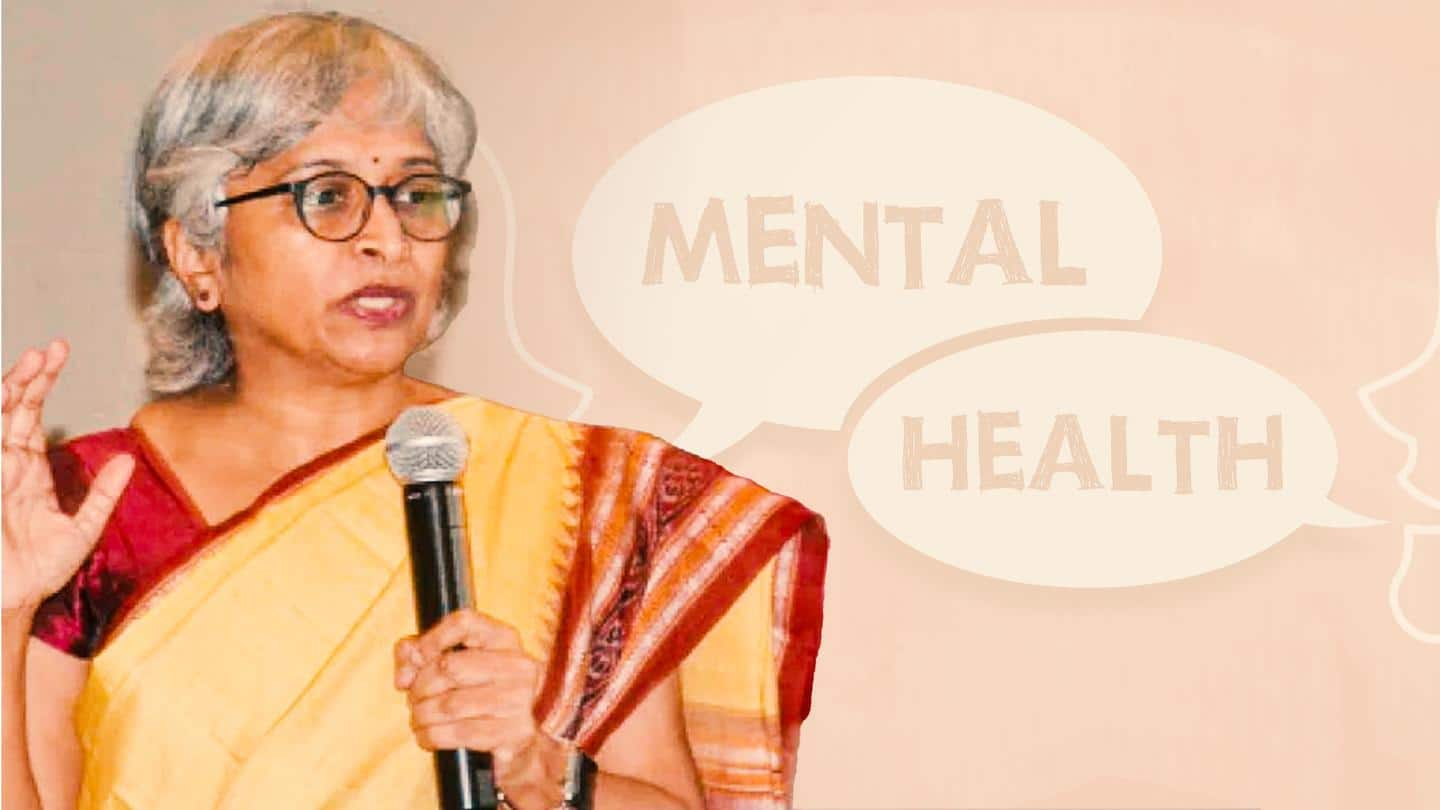
National Tele-Mental Health program to reduce stigma: NIMHANS Director
What's the story
The National Tele-Mental Health program announced in the Union Budget 2022-23 will help identify mild forms of mental illness, said Dr. Pratima Murthy, Director of the National Institute of Mental Health and Neurosciences (NIMHANS). The program will help reduce the stigma associated with mental illness as calling on the phone is "easier than visiting a mental health facility," she added.
Context
Why does the story matter?
The program was announced by Finance Minister Nirmala Sitharaman in the Budget on Tuesday. It will include a network of 23 tele-mental health centers of excellence, with NIMHANS being the nodal center and IIIT, Bengaluru providing technical support. Notably, a 2019 study by the Indian Council of Medical Research found that one in seven people suffered from mental disorders of varying severity in India.
Mechanism
How will the program function?
The 23 centers have "specialized mental health care resources, which will help the state government and union territories set up tele-health helplines to train counselors to provide first-level psychological care," Murthy said. These counselors will also be trained to "identify people with severe illness" and advise them to go to a higher center. A directory of higher centers will also be maintained for this.
Benefits
Program will reduce treatment gap: Murthy
Murthy said all these resources will be used to provide a "spectrum of care for people with mental health problems." "In case somebody is troubled and does not have local support, he/she can call in at the helpline" who will respond as per the requirement of the caller, she said. In this way, "everyone gets a little bit and the treatment gap gets reduced."
NIMHANS
NIMHANS working on various tele-counseling projects
Notably, NIMHANS already has experience in the tele-counseling domain as it has been running similar programs in various fields. Murthy highlighted that NIMHANS has been running a psycho-social helpline during the COVID-19 pandemic. It is also running tele-counseling for tobacco cessation and tele-mental health training for doctors at primary health centers.
Experts
Mixed reactions from mental health professionals
Meanwhile, the program has sparked mixed reactions from other mental health experts. Noted psychiatrist Dr. Harish Shetty said a tele-mental health helpline is a "small gesture," but maintained it is "not enough." He said the Centre and states need to show the same intensity they showed in fighting COVID-19. "What is needed is a massive movement, not chicken feed," he added.
Issues
Lack of mental health professionals
Experts also expressed concern over the issue of the lack of mental health professionals. "There are IIMs and IITs but no new institutes to tackle the issue of dearth of mental health professionals," Shetty said. Psychiatrist Dr. Bharat Vatwani also pointed out the issue and said, "telemedicine consultation will only partly fill the void." "What we need are more psychiatrists and mental health professionals."
Quote
Another psychologist questioned Centre's 'top-down' model
Child and adolescent psychiatrist Dr. Bhooshan Shukla questioned the Centre's "top-down" approach with NIMHANS as a nodal institute. The regional realities and needs are varied and "there is enough talent in each state," he added.
Concerns
Expert calls for time-bound program
Meanwhile, noted actor and founder-director of Maharashtra Institute of Mental Health (MIMH), Dr. Mohan Agashe, called for a time-bound program to address pertinent issues. "At times, there seems to be a time lag in what is declared by the government and what is implemented," Agashe said. Agashe also pressed for definitive steps towards implementation and monitoring.